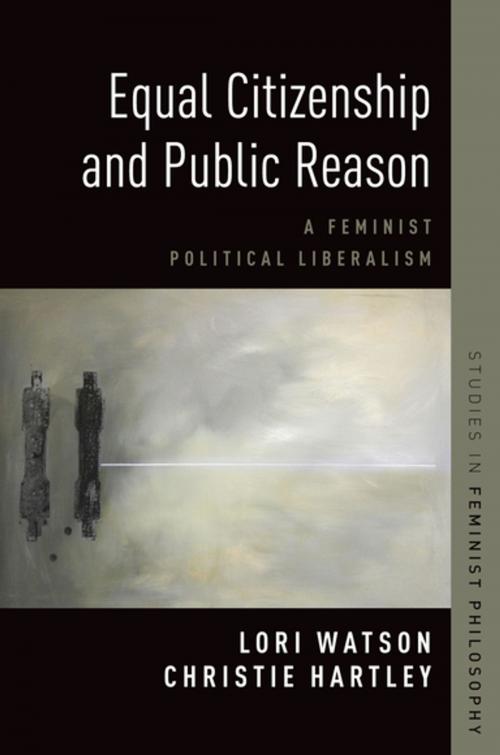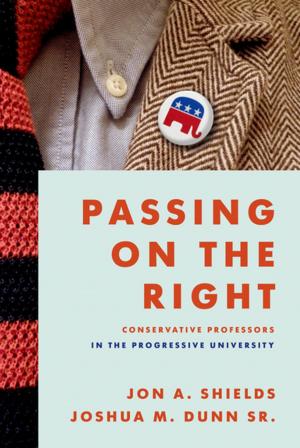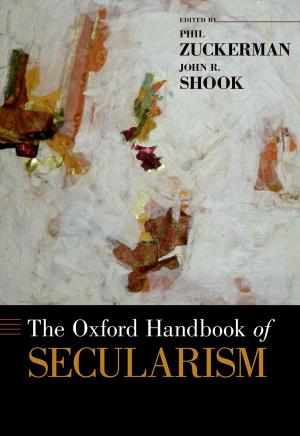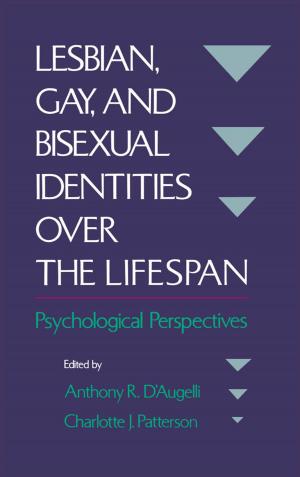Equal Citizenship and Public Reason
A Feminist Political Liberalism
Nonfiction, Social & Cultural Studies, Social Science, Gender Studies, Feminism & Feminist Theory, Religion & Spirituality, Philosophy, Political, Political Science, Politics, History & Theory| Author: | Christie Hartley, Lori Watson | ISBN: | 9780190683054 |
| Publisher: | Oxford University Press | Publication: | November 2, 2018 |
| Imprint: | Oxford University Press | Language: | English |
| Author: | Christie Hartley, Lori Watson |
| ISBN: | 9780190683054 |
| Publisher: | Oxford University Press |
| Publication: | November 2, 2018 |
| Imprint: | Oxford University Press |
| Language: | English |
This book is a defense of political liberalism as a feminist liberalism. The first half of the book develops and defends a novel interpretation of political liberalism. It is argued that political liberals should accept a restrictive account of public reason and that political liberals' account of public justification is superior to the leading alternative, the convergence account of public justification. The view is defended from the charge that such a restrictive account of public reason will unduly threaten or undermine the integrity of some religiously oriented citizens and an account of when political liberals can recognize exemptions, including religious exemptions, from generally applicable laws is offered. In the second half of the book, it is argued that political liberalism's core commitments restrict all reasonable conceptions of justice to those that secure genuine, substantive equality for women and other marginalized groups. Here it is demonstrated how public reason arguments can be used to support law and policy needed to address historical sites of women's subordination in order to advance equality; prostitution, the gendered division of labor and marriage, in particular, are considered.
This book is a defense of political liberalism as a feminist liberalism. The first half of the book develops and defends a novel interpretation of political liberalism. It is argued that political liberals should accept a restrictive account of public reason and that political liberals' account of public justification is superior to the leading alternative, the convergence account of public justification. The view is defended from the charge that such a restrictive account of public reason will unduly threaten or undermine the integrity of some religiously oriented citizens and an account of when political liberals can recognize exemptions, including religious exemptions, from generally applicable laws is offered. In the second half of the book, it is argued that political liberalism's core commitments restrict all reasonable conceptions of justice to those that secure genuine, substantive equality for women and other marginalized groups. Here it is demonstrated how public reason arguments can be used to support law and policy needed to address historical sites of women's subordination in order to advance equality; prostitution, the gendered division of labor and marriage, in particular, are considered.















